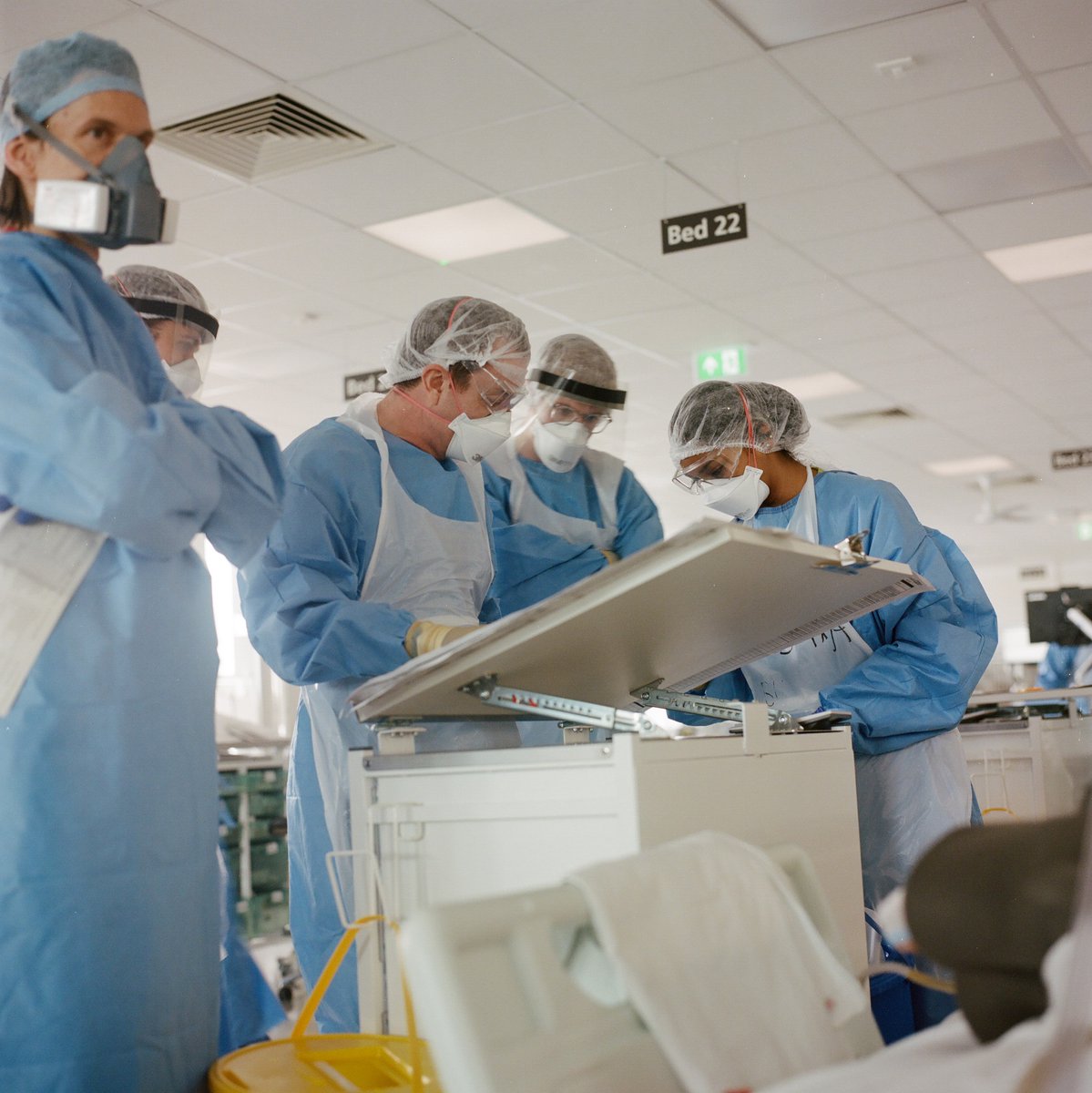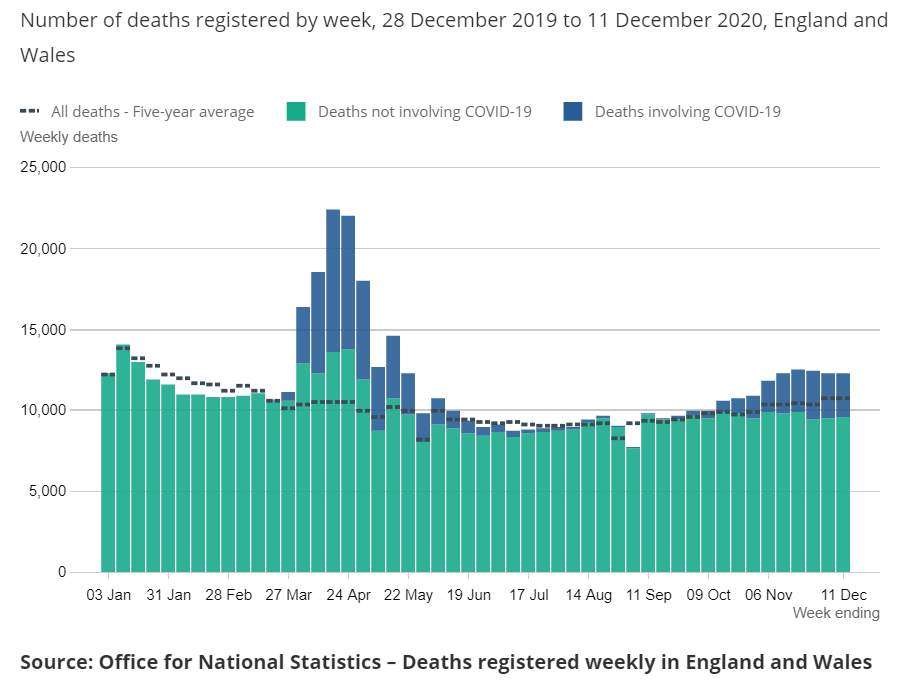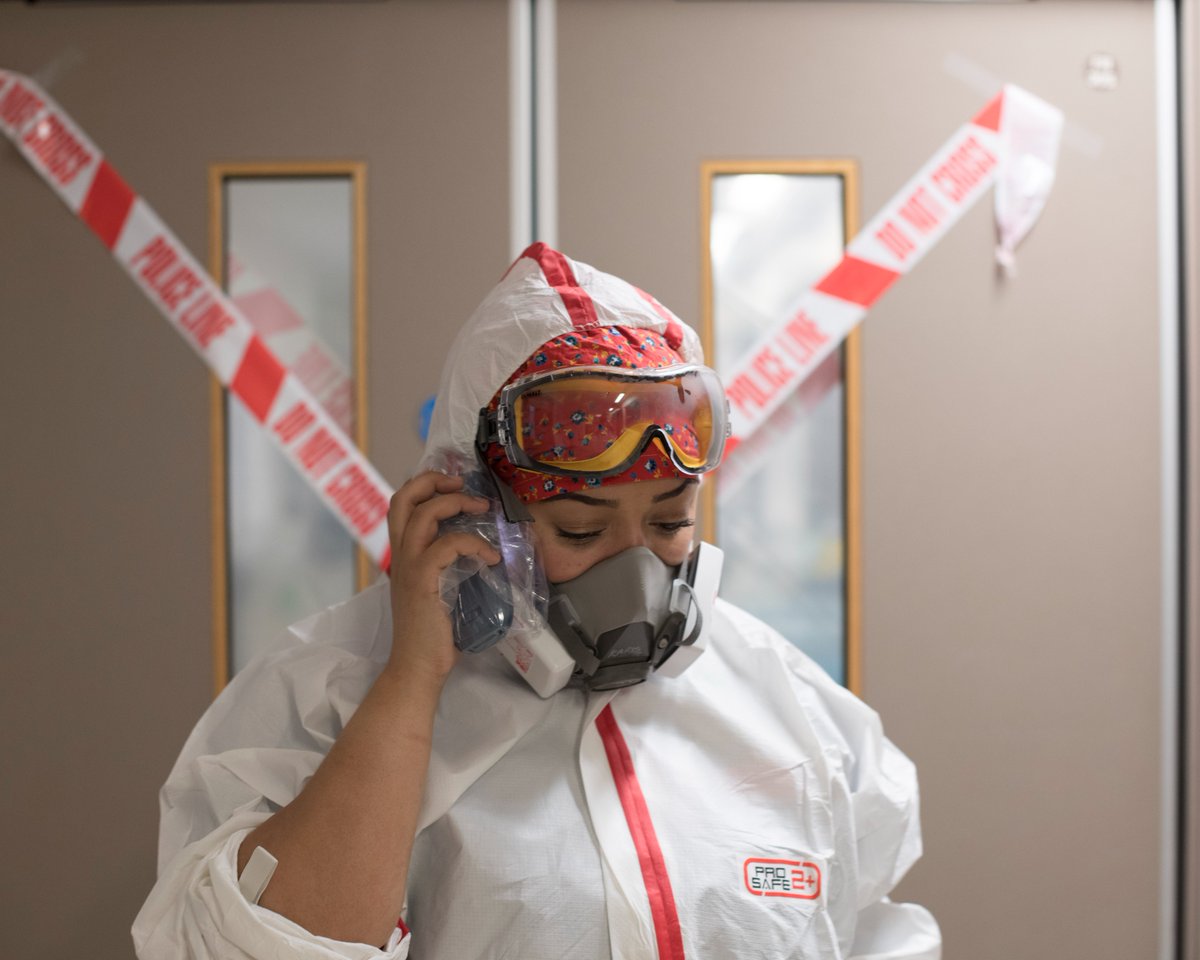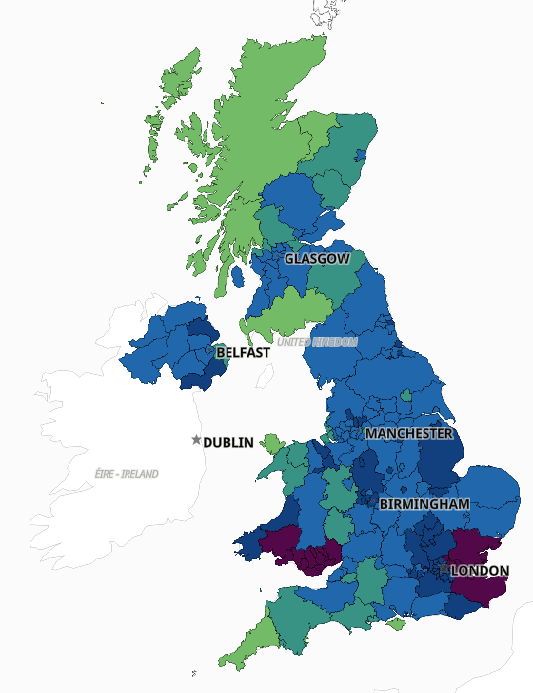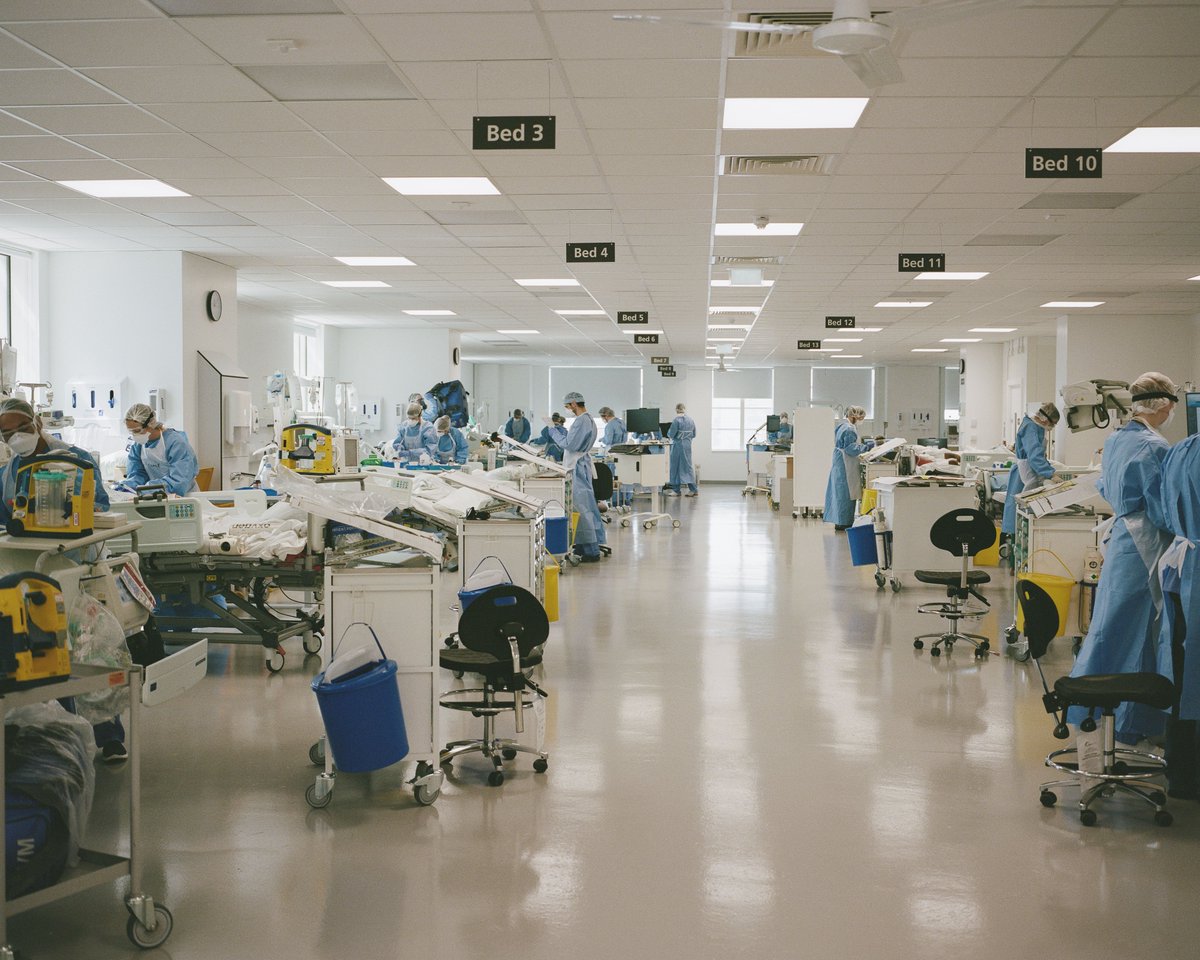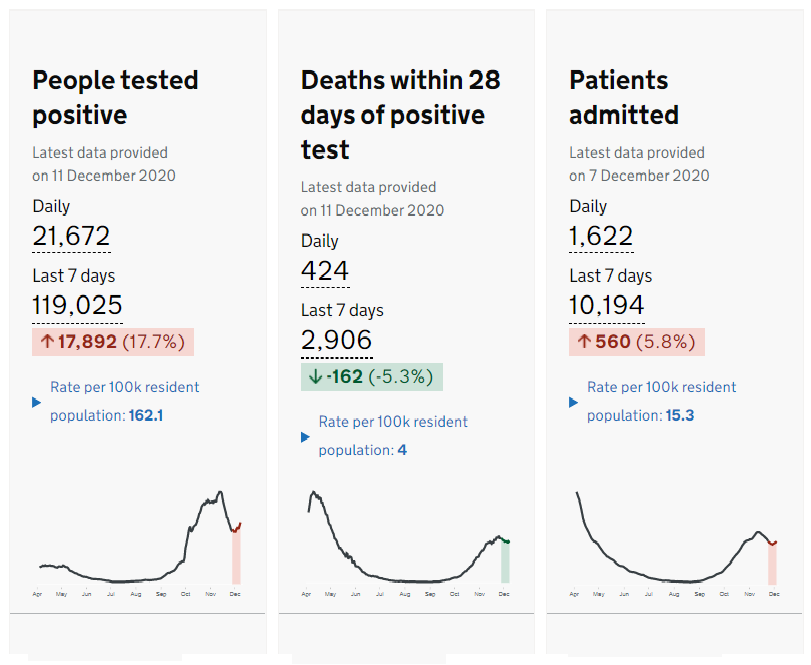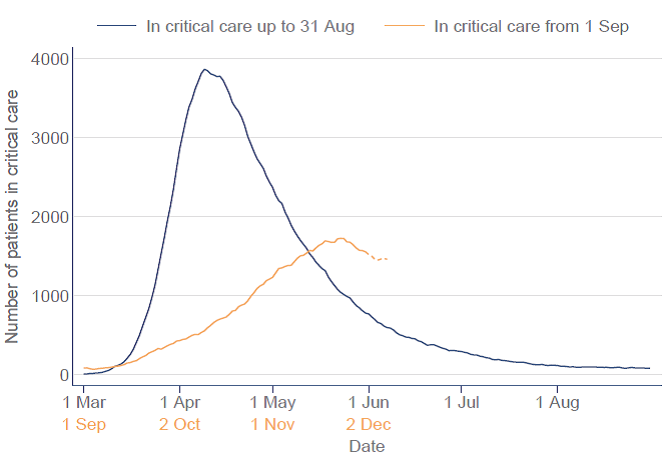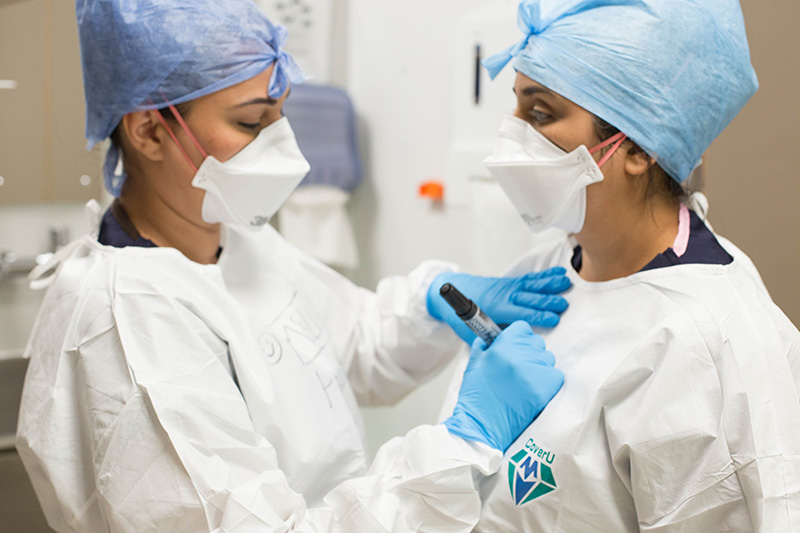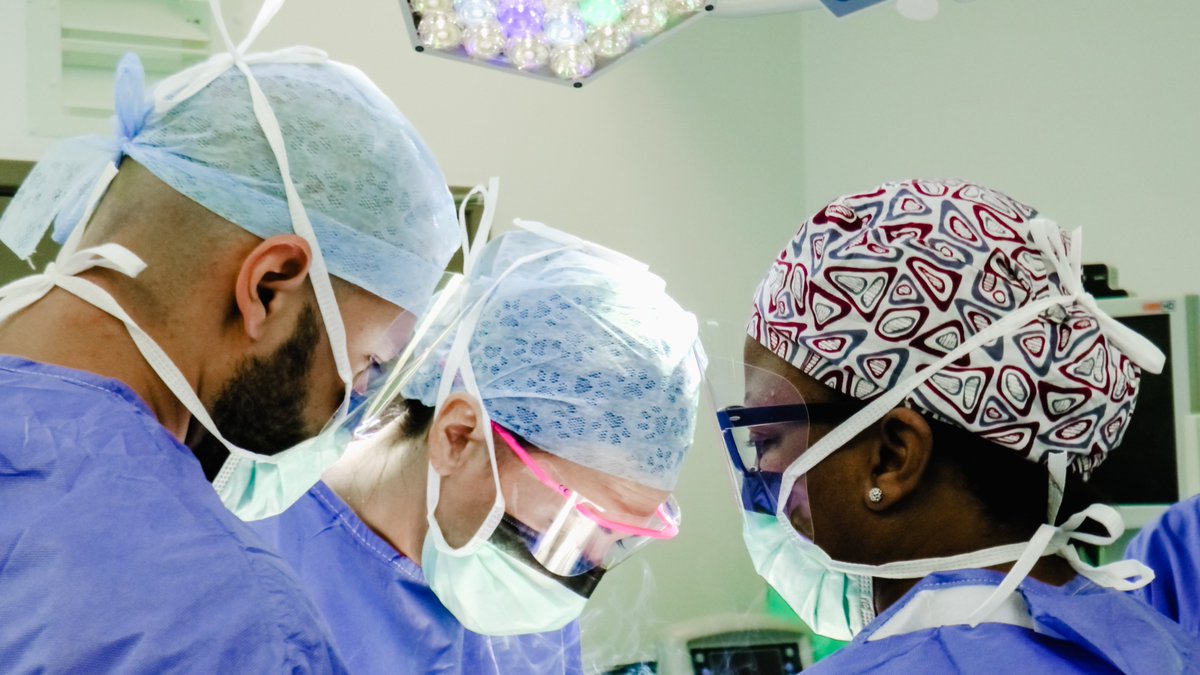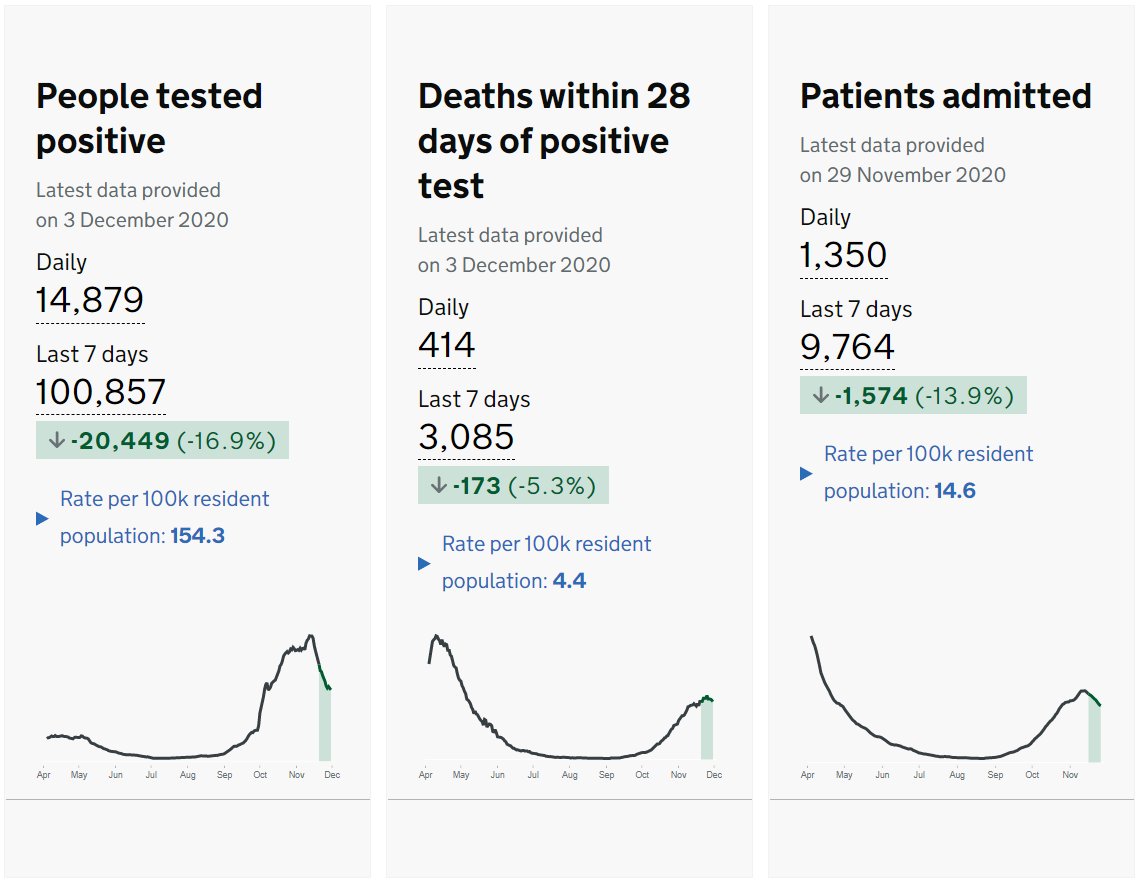
News of the lockdown was greeted with grim relief by NHS staff on Saturday. On the one hand, it will ease the pressure on hospitals affected by COVID-19. On the other, everyone’s Christmas is affected including NHS staff, many of whom live away from their families. 1/5 
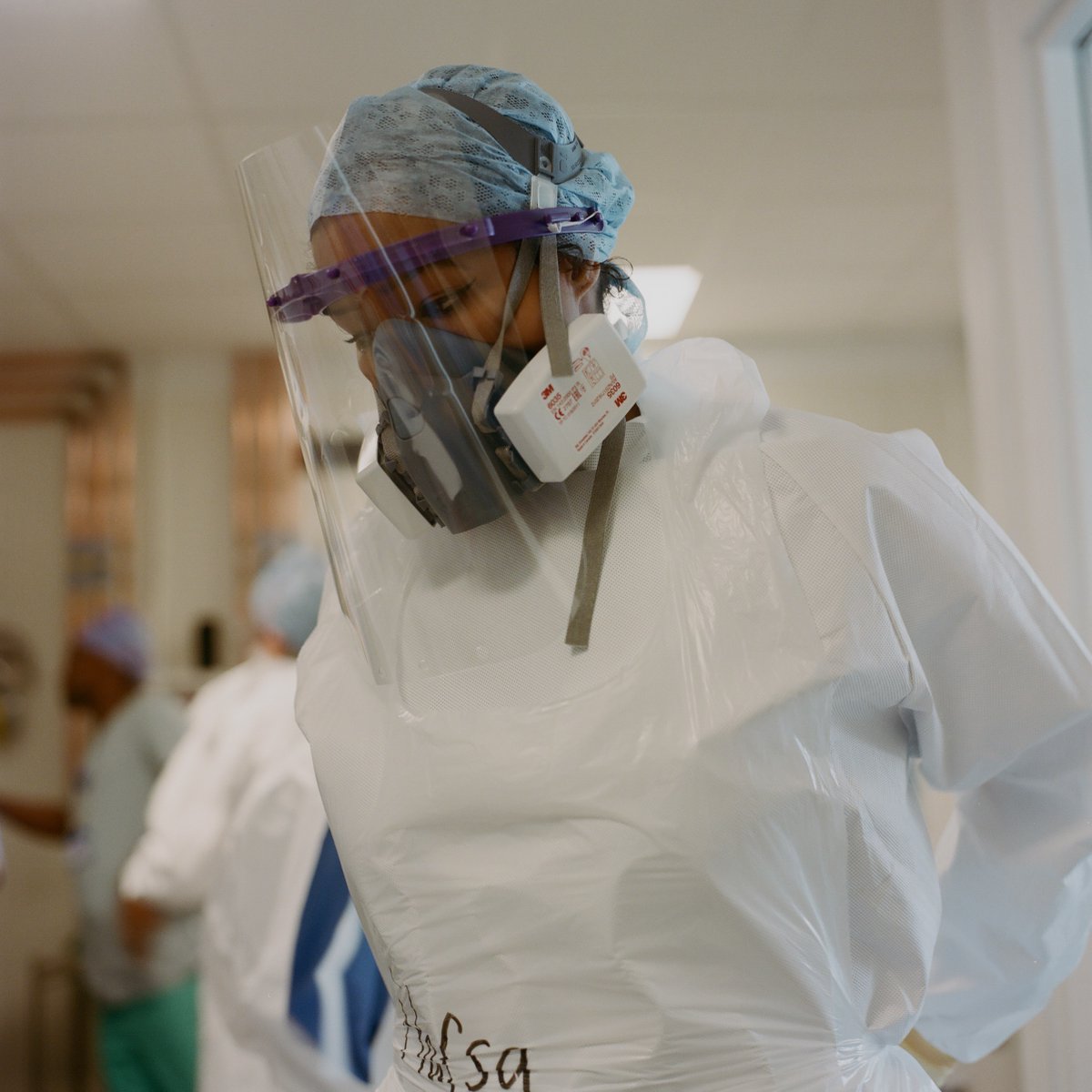
NHS hospitals are under huge pressure and expect to remain so until well into January. The number of people testing positive for the virus SARS-CoV-2 has risen sharply and so have hospital admissions with the disease COVID-19. 2/5 
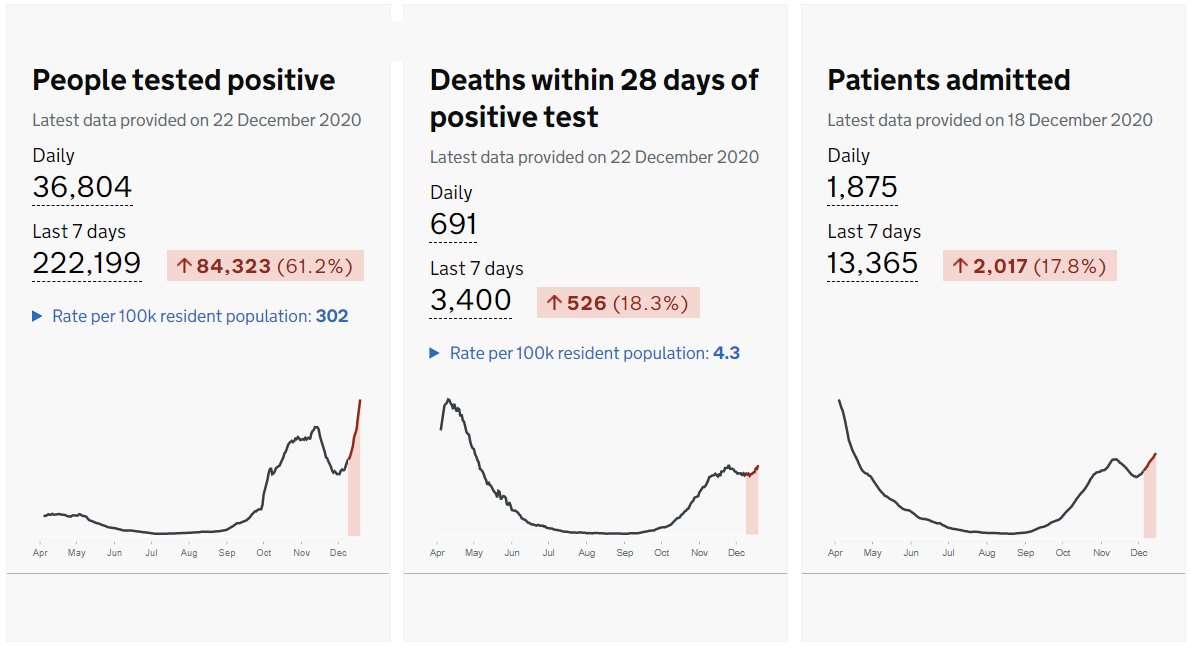
The south-east England and south Wales are worst affected but now some areas of the midlands are seeing high numbers of positive tests as well. With news that the new virus mutation is more infectious, we should prepare for a rebound rise across the UK. 3/5 
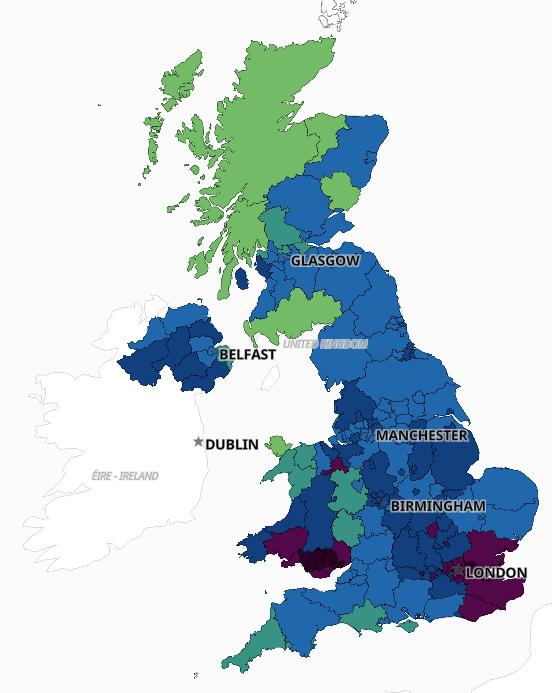
We have almost as many COVID-19 patients in NHS hospitals as April (18,000 vs 20,000). But now we're also caring for many more patients with other illnesses. It doesn’t matter where you live or what your health is like. The pandemic affects everyone's healthcare. 4/5 

Thank you for helping us to help you. None of us are enjoying the current restrictions but the situation in the NHS is real and serious. Please get your news from trusted media sources. Keep up with #HandsFaceSpace and follow the govt guidance carefully. 5/5 
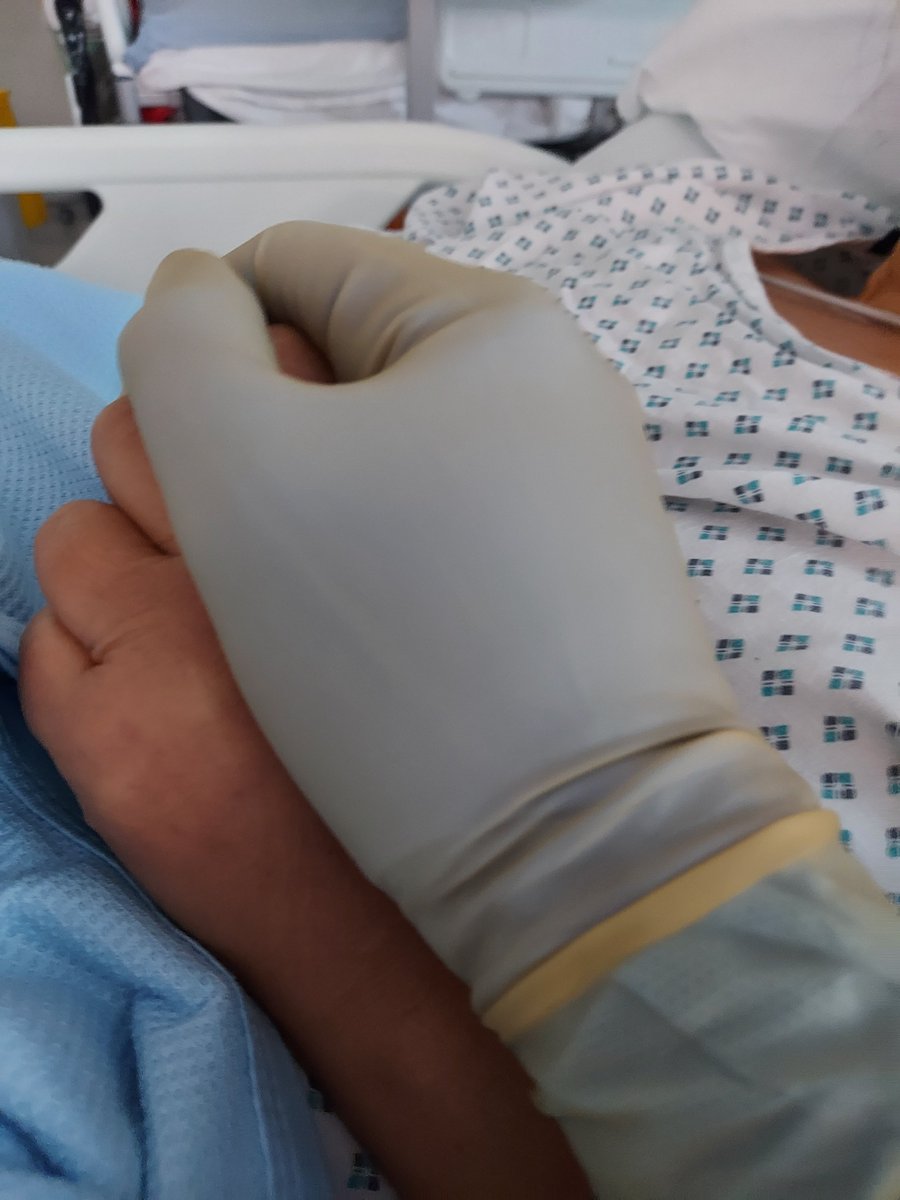
• • •
Missing some Tweet in this thread? You can try to
force a refresh

